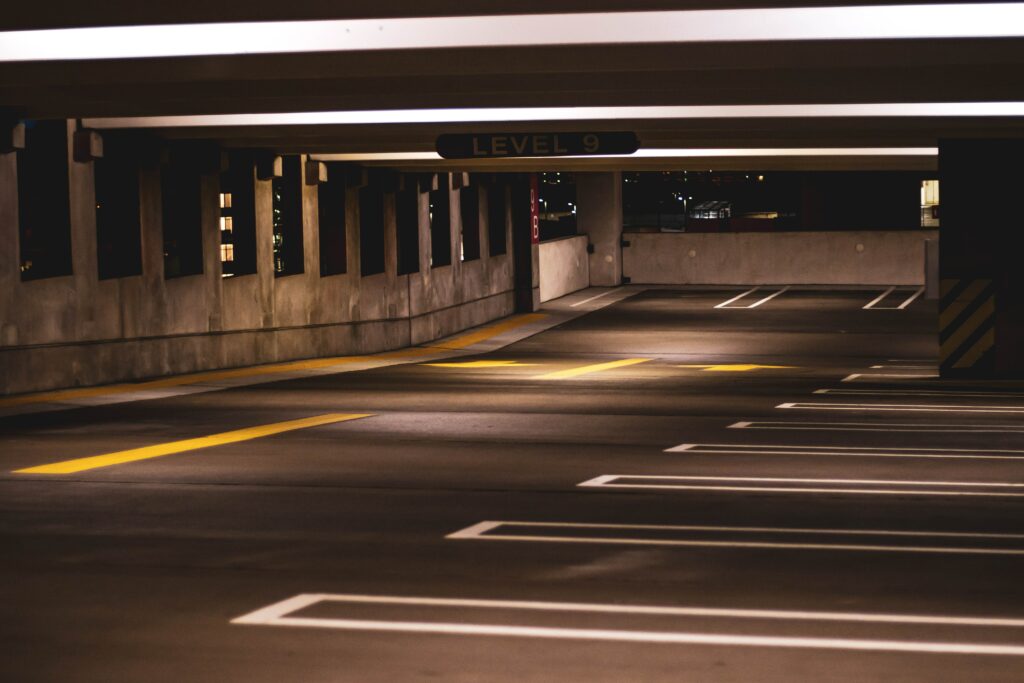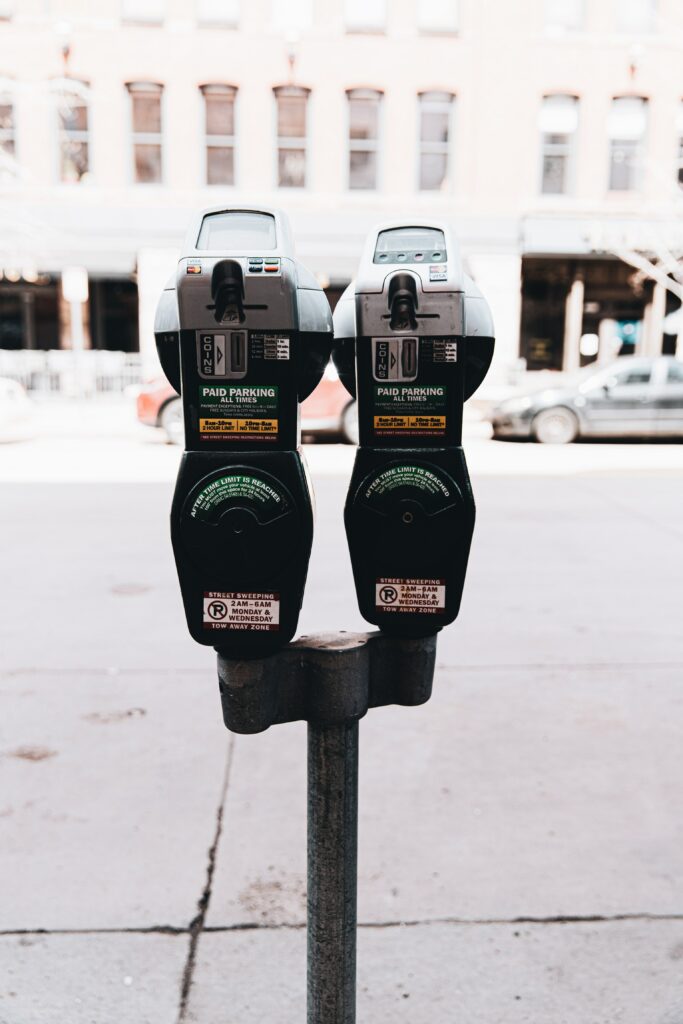
Saturday, Oct. 23, 2021
Parks and parking are on city council’s agenda for next week, including the first update to neighborhood parking permits since the program’s implementation in 1994. That follows a full week where the city’s $462 million 2022 budget was approved, along with a development at Diagonal Plaza and selection of the next city attorney.
Read on to learn more about what council is up to. Sign up to speak at next week’s public hearings.
Coming up – Parking price increases
Boulder is in the middle of updating its parking strategies and pricing to better reflect its climate goals and, in some cases, to pay for the costs of administering services.
The Neighborhood Parking Permit program, for example, covers less than 50% of its cost; the city’s stretched general fund covers the rest. The first NPP was established in 1994, and prices have not been adjusted since.
That may change after Tuesday, if council approves recommended increases. Elected officials have been supportive in recent meetings, including January
and June study sessions.
A look at proposals:
Resident permits will increase from $17 to $30 per year in 2022, $40 in 2023 and $50 in 2024. Staff anticipates that the program will start to pay for itself by that time; additional increases will be reviewed by council.
More than 3,400 households across 13 “zones” use the NPP.
Commuter permits will increase from $100 to $105 per quarter ($400 to $420 annually) next year, then $110 in 2023 and $115 in 2024. The permits may go up in price by $20 per year thereafter to achieve cost recovery or beyond.
On-street parking will rise from $1.25 to $1.50 per hour starting in January. The city will keep studying “dynamic pricing” — rates that fluctuate with demand — for a future recommendation. Boulder owns and manages 33,200 public spaces citywide: 30,500 on-street, 2,700 off-street.
Rates in the city’s five parking garages will stay the same
($1.25 per hour) to encourage off-street parking, but Boulder is doing away with graduated rates (in which the cost goes up after a certain amount of time). Any stay of longer than six hours in a day will cost $15. There is no overnight parking.
A successful $3 flat rate for downtown workers, between the hours of 3 p.m. and 3 a.m. will be extended. Weekends and holidays will still be free in garages.
Parking violations may get costlier, with the base rate for most fines increasing from $25 to $30. Subsequent violations will be more expensive: $45 for the second ticket and $60 for the third, within a year of the first violation. Any parking violation that impacts other modes of transportation (like leaving a car in the bike lane) will automatically result in a $60 ticket.
Other adjustments will be visited in the future, with further input from council and the community.
“Following Council’s determination on October 26, staff will issue materials and infographics to aid awareness of residents, workers and visitors in Boulder,” wrote customer service supervisor Leah Mayotte, in response to emailed questions. “We appreciate the community’s participation in this phase of staff’s AMPS implementation work and Council’s direction and support.” (AMPS = Access Management Parking Strategy)
Note: This public hearingScheduled time allocated for the public to testify or share commentary/input on a particular ordinan... may be cancelled and the item moved to the consent agendaThe grouping of routine items on the city council meeting agenda (e.g. approval of past meeting minu..., per notes from staff.
Restaurant rule change not recommended
A months-long kerfuffle over a planned restaurant at Boulder Reservoir inspired staff to recommend a new rule: Restaurants should be allowed at Boulder’s three regional parks, without a special process that involves city boards and citizen review.
The ordinanceA piece of municipal (city-level) legislation. would make restaurants automatically allowed if they are located in a large (more than 100 acres) government-owned park and not within 500 feet of a private residence. Leases and liquor licenses for restaurants would still be subject to approval from the Beverage Licensing Authority, city council, and/or the Parks and Recreation Advisory Board, all of which include public participation.
That would only apply to three areas in Boulder: the Rez, Flatirons Golf Course and Valmont City Park. Flatirons has had dining facilities on-site since the ’90s (they’re being rebuilt now following the 2013 floods). The Rez was set to get a restaurant after a recent remodel; council approved a lease in February 2020, but neighbors have loudly protested the planned late hours and alcohol service, among other aspects of the plan.
Planning Board unanimously rejected the proposals at its Oct. 7 meeting.
“Restaurants in public parks should be considered through a Use Review rather than as by-right uses,” staff wrote of the board’s decision. “Application of the same standard to the three regional parks may not be appropriate. The board found that the regional parks have different characteristics and their differences may merit different approaches.”
This item will include a public hearing.
Also Tuesday: An update on work with XcelXcel Energy, a publicly traded utility company based in Minnesota. Energy, including possible purchase of city streetlights and under grounding of power lines.
What you missed last week
$462M budget approved for next year
City council unanimously approved a spending plan for 2022 with no changes to staff’s recommendation. The $462 million budget includes 1,460 full-time employees, $9 million for restoration of services and staff cut during COVID and $8 million in expanded offerings. It’s also a big year for capital spending (money that goes toward maintaining or adding new physical infrastructure like roads and bridges), with several big flood projects in the works.
As with the past several years, Boulder Police Department is the single biggest department by staff, with 288.9 full-time employees budgeted for. (There are many vacancies in the department due to resignations and retirements.) BPD’s $40.5M budget is also the single biggest source of spending for the general fund, accounting for 25% of the city’s discretionary dollars. (Transportation’s $41 million budget is bigger, but gets more of its revenue from dedicated funding.)
The plan is predicated on restaurant and retail sales continuing their recovery. Boulder, with its thousands of in-commuting workers and college students, was particularly hard hit by the pandemic, but its economy also began churning more quickly than surrounding areas, according to analysis from University of Colorado economists.
Read more: Boulder’s budget (mostly) recovered from COVID cuts
New city attorney named
Teresa Taylor Tate, Longmont’s deputy city attorney, will take over the top legal job in Boulder next month after council voted unanimously to accept the recommendation of the recruitment committee.
Tate bested Fort Collins’ assistant city attorney Adam Stephens and Sandra Llanes, who has been serving as Boulder’s interim city attorney since Tom Carr left in June.
Llanes has been with the city for more than 19 years. Tate joined the city of Longmont in 2015 from a private practice, according to the Daily Camera.
Tate’s start date has not been announced. Her salary, which is subject to council approval and therefore public record, will be between $230,000 and $250,000.
Legal settlements with Big Pharma will send $7M to Boulder
A handful of lawsuits with opioid manufacturers will be a godsend for communities struggling with the ongoing addiction crisis. Settlements are not yet final, but Colorado is set to receive some $400 million from Johnson & Johnson, AmerisourceBergen, Cardinal Health, and McKesson.
Of that, some $7.4 million will make its way to Boulder over the next 18 years. The money can be used for a wide range of addiction treatment, prevention and support, including housing, mental health treatment for substance users and their families, and public education and awareness.
A regional governing board will be set up to distribute the funds. Representatives from public and behavioral health, the court system, law enforcement and human services agencies will hold seats; community members may fill non-voting spots, including “those with lived experience with the opioid crisis.” Read more.
Rule change granted for Diagonal Plaza development
Boulder city council unanimously OK’d a workaround to allow more housing to be built at the beleaguered Diagonal Plaza. Developers will have to provide less open space than is required by city code. In exchange, they guarantee that affordable housing will be built on the site.
That was the plan anyway. Boulder Housing Partners will add ~60 units to its existing community.
More than 175 market-rate rentals are planned as well. A neighborhood park will be added, along with formal streets and sidewalks. If the open space rules hadn’t been relaxed for the property, only 50-60 total homes would be allowed.
Read: After decades of decline, (partial) plans for Diagonal Plaza
Odds and Ends
Overnight parking hours changed for open space
The city will no longer allow nighttime parking at Flagstaff, an effort to curb partying, litter and crime that have risen in recent years. Legal parking hours were restricted between the hours of 9 p.m. and 5 a.m., though special permits are available. Nighttime parking hours for all other city open space were changed, too, banning cars between 11 a.m. and 5 p.m. Read more.
Four appointed to citizen groups
Beverage Licensing Authority – Steven Wallace of Boulder Inn. Wallace previously served on the BLA.
Housing Advisory Board – Jennifer Livovich, Director/founder of nonprofit Feet Forward that assists unhoused individuals
Downtown Management Commission – Sara Preintz, employee-owner of Trident Booksellers and Cafe
Police oversight panel – Bwembya Chikolwa, Senior Manager of Property Tax at Lumen Technologies, masters student at CU
Boulder cutting red tape for some businesses
Boulder is reducing the amount of paperwork required for marijuana and tobacco retail operations, sellers of secondhand goods and food trucks. The changes will decrease the amount of staff time spent processing applications. Learn more about the changes.
— Shay Castle, @shayshinecastle
Want more stories like this, delivered straight to your inbox? Click here to sign up for a weekly newsletter from Boulder Beat.
Help make the Beat better. Was there a perspective we missed, or facts we didn’t consider? Email your thoughts to
Budget Climate COVID-19 Governance Transportation Big Pharma Boulder Boulder Reservoir budget City Attorney city council city of Boulder Flagstaff Flatirons Golf Course legal settlement Longmont open space opioid crisis parking parking fines parking garages parking permits parking violations Planning Board restaurants transportation Valmont City Park

